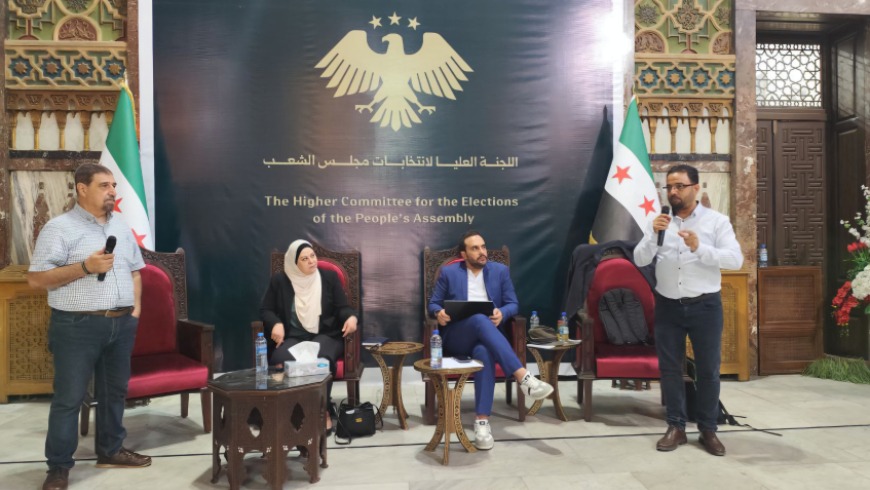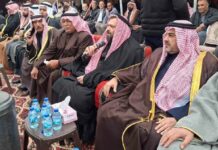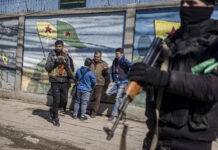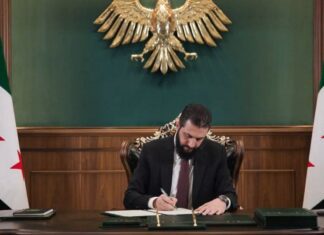
The Supreme Committee for the Elections of the Syrian People’s Assembly issued Resolution No. 31 on Saturday, finalizing the formation of subcommittees in select areas of Hasakah and Raqqa governorates ahead of this month’s parliamentary elections. The decision builds on Resolution No. 30, released earlier in the week, which outlined the provisional makeup of the committees.
According to the announcement, subcommittees will supervise the vote in Ras al-Ain in Hasakah, as well as Madan and Tal Abyad in Raqqa. Members of these bodies include Rustam Nahit al-Tamo, Abdullah Ali al-Jasham, Musab Badr al-Din al-Hamidi, and Maria Abdulkarim Muhammad in Ras al-Ain; Abdulmohsen Ali al-Ahmad, Fatima Merhej al-Issa, and Ahmad Hussein al-Muhammad al-Hassan in Madan; and Abdulrahman Ghazi Muhammad Dadah, Mustafa Khalil al-Issa, and Sulaiman Ahmad al-Shehadeh in Tal Abyad. The first name on each list will chair the committee.
The committee clarified that each subcommittee will operate from the center of its respective district and assume immediate duties following the decision. Stakeholders may appeal appointments within two days before the Appeals Committee in Damascus, which is required to rule on challenges within three days.
Officials Stress Impartiality and Participation
Spokesperson Nawar Najma said the committees were formed in response to the demands of residents in government-controlled areas of Hasakah and Raqqa who sought to participate in the elections. “The interest of citizens is the main priority for the Supreme Committee, which is keen to conduct the electoral process fairly and independently,” Najma told SANA.
Najma added that turnout for candidacy has been “high and included a wide range of components,” noting that subcommittees are reviewing nominations individually to ensure candidates meet requirements and that no financial pressure has been exerted on electoral bodies. While elections are set to proceed in Hasakah and Raqqa, Najma confirmed that residents of Suwayda will be unable to participate due to restrictions imposed by armed factions, leaving its seats vacant.
Representation and Possible Reforms
Najma said the formation of subcommittees followed consultations with social and political figures across the country. Emphasis was placed on including women and representatives of diverse communities, as well as ensuring members have the competence to manage elections impartially.
Najma also acknowledged ongoing discussions about whether to change the name of the People’s Assembly. Arguing the issue lies not in the title but in the negative associations it holds among many Syrians. “It might be more appropriate today to return to one of the Assembly’s former names, such as the House of Representatives or Parliament.”
The elections, expected later this month, will be the first since these structural adjustments to the committee system, signaling both administrative preparations and the government’s attempt to address calls for broader participation.








